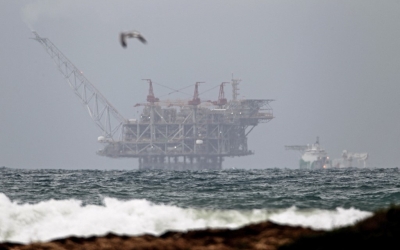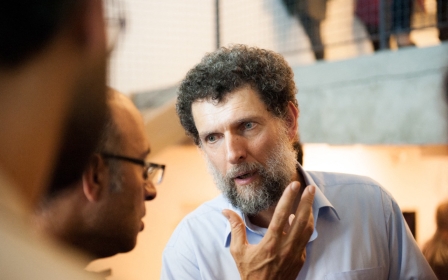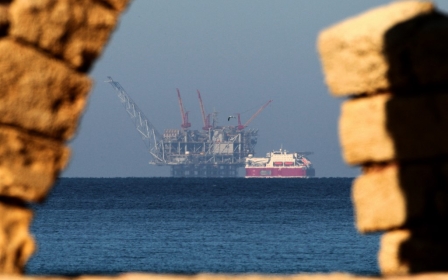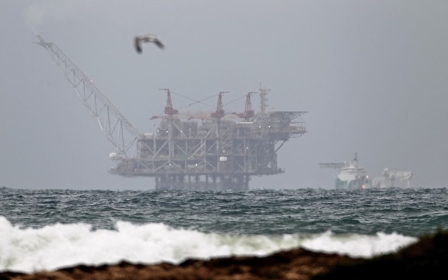US tells Israel it no longer supports EastMed pipeline project: Report
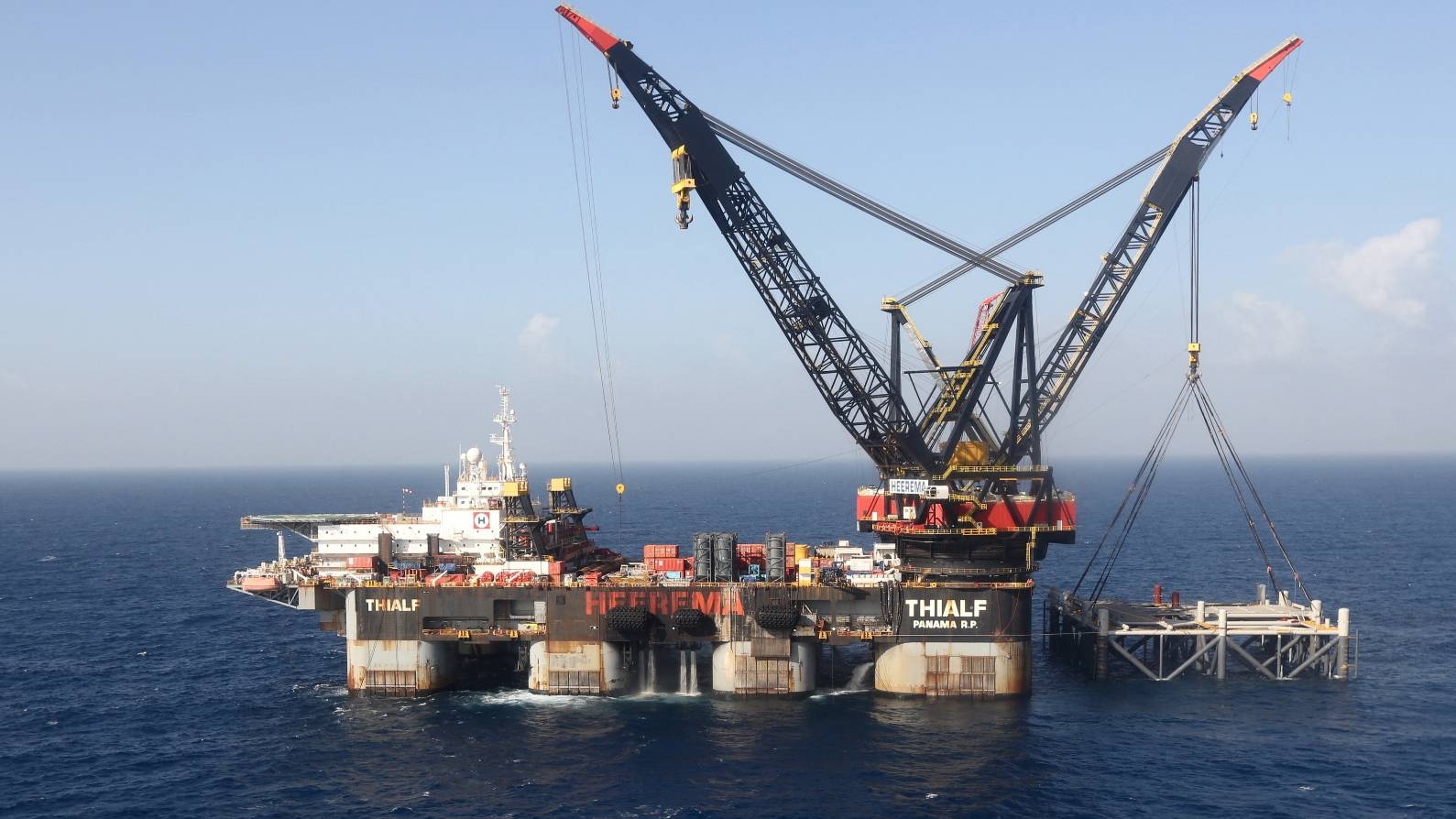
The Biden administration has informed Israel, Greece, and Cyprus in recent weeks that the US no longer supports the proposed EastMed natural gas pipeline from Israel to Europe, a diplomatic source told the Jerusalem Post.
State Department officials conveyed the new position to the Israeli foreign ministry, a diplomatic source in Jerusalem confirmed to the newspaper on Tuesday.
Middle East Eye reported earlier this month that Washington had silently abandoned the pipeline project, sending Greece its concerns about it in a "non-paper", an unofficial diplomatic correspondence.
The previous US administration of Donald Trump promoted the EastMed pipeline project, meant to transfer natural gas from Israeli waters to Europe via Greece and Cyprus, rather than Turkey.
The three states aimed to complete the project by 2025, but no financing had been secured.
While the US has now reportedly abandoned the project, Washington has stated that it continues to support the 3+1 mechanism of meetings between Israel, Greece, Cyprus, and the US.
The US Embassy in Greece said it remained "committed to physically interconnecting EastMed energy to Europe".
“We support projects such as the planned EuroAfrica interconnector from Egypt to Crete and the Greek mainland, and the proposed EuroAsia interconnector to link the Israeli, Cypriot, and European electricity grids," it said in a statement.
Israel's natural gas reserve is estimated to be 800 billion cubic metres, with around 2.2 trillion cubic metres of gas awaiting discovery.
'Can only be done through Turkey'
Turkish President Recep Tayyip Erdogan has meanwhile said that Ankara remains interested in bringing Israeli gas to Europe through Turkey.
"If [Israeli gas] would be brought to Europe, it could only be done through Turkey," Erdogan told journalists, according to a transcript released by the presidency on Tuesday.
Erdogan said he was not particularly surprised that the US has withdrawn its support from the project, saying it would have been a very costly endeavour with estimates ranging between $7bn to $8bn.
In 2016, Turkey and Israel discussed a way to import Israeli gas as part of a reconciliation deal after years of tensions. But the negotiations collapsed due to Ankara's anger over Israeli actions in Jerusalem and Gaza.
In a documentary aired by Turkish state media channel TRT last week, footage of State Department Special Envoy and Coordinator for International Energy Affairs Amos Hochstein shows him discussing the matter before he was appointed to his current position.
Hochstein said he would be "extremely uncomfortable" with the US supporting the pipleline from Israel to Greece because of its environmental implications.
"Why would we build a fossil fuel pipeline between the EastMed and Europe when our entire policy is to support new technology... and new investments in going green and in going clean?" he asked.
"By the time this pipeline is built, we will have spent billions of taxpayer money on something that is obsolete – not only obsolete but against our collective interest between the US and Europe."
He added that "it's much easier and cheaper to go through Cyprus to Turkey, and Turkey's already interconnected with Europe. It's interconnected with all its neighbours, so it makes sense to have a hub there."
In a separate development on Tuesday, Erdogan floated the idea of a visit by Israeli President Isaac Herzog to Turkey.
"There are talks we are having with Mr. Herzog, he may pay a visit to Turkey," Erdogan said at a joint press conference with Serbia's President Aleksandar Vucic in Ankara. He didn't elaborate on when a visit might happen.
Middle East Eye delivers independent and unrivalled coverage and analysis of the Middle East, North Africa and beyond. To learn more about republishing this content and the associated fees, please fill out this form. More about MEE can be found here.


